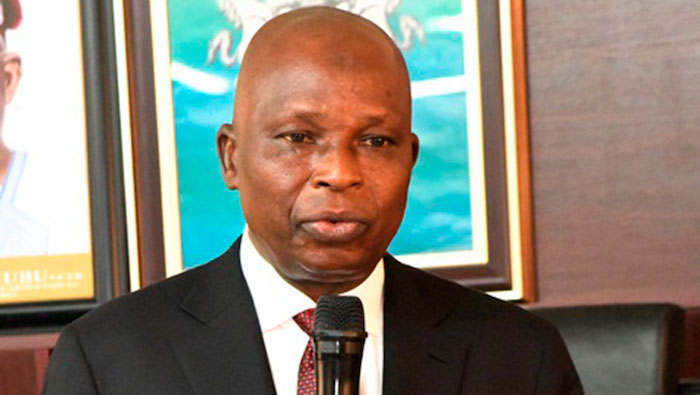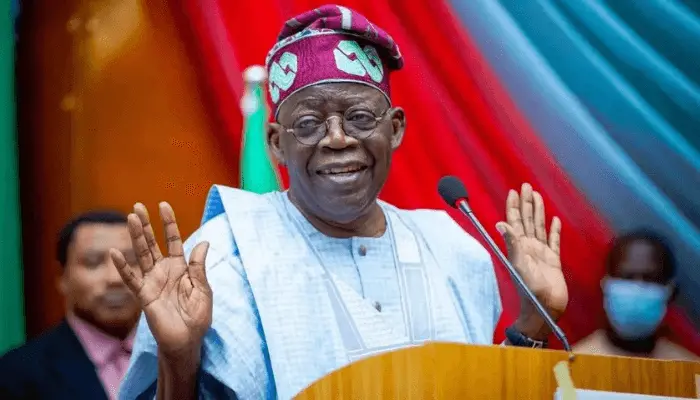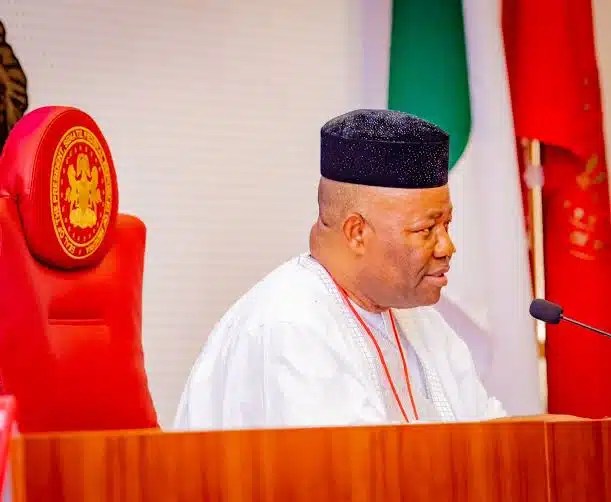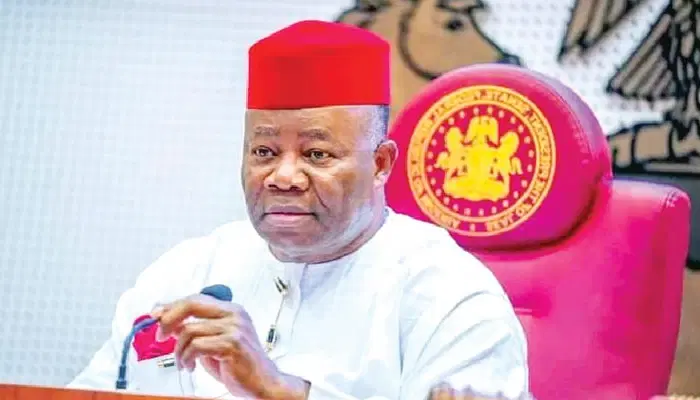The denial comes amid heightened political tensions and speculation surrounding high-profile defections in Nigeria’s political landscape.
In a fiery rebuttal, Nigeria’s Attorney General of the Federation (AGF) and Minister of Justice, Lateef Fagbemi, has dismissed as a “lie from the pit of hell” claims that officials from his office and the Economic and Financial Crimes Commission (EFCC) met with governors from the South-South region just before their switch to the ruling All Progressives Congress (APC). The denial comes amid heightened political tensions and speculation surrounding high-profile defections in Nigeria’s political landscape.
This development highlights the ongoing rivalries between key political figures and parties, as the country gears up for future elections. With keywords like “AGF denies meeting,” “South-South governor defection,” and “APC switch” dominating online searches, this story underscores the intricate web of Nigerian politics and accountability.
The Allegations: What Paul Ibe Claimed
The controversy began when Paul Ibe, the spokesperson for former Vice President Atiku Abubakar, made remarks during a recent interview on a national television station. Ibe alleged that the EFCC Chairman and the Solicitor General of the Federation—who also serves as the Permanent Secretary of the Federal Ministry of Justice—held a meeting with both a former and an incumbent governor from a South-South state.
According to Ibe, this purported meeting occurred just 48 hours before the governors’ defection to the APC. He suggested that the encounter raised questions about potential undue influence or coercion, implying that anti-corruption agencies might be entangled in political maneuvers. Ibe did not explicitly name the individuals involved, but his comments were cryptic enough to spark widespread speculation among political analysts and the public.
Atiku Abubakar, a prominent figure in the opposition Peoples Democratic Party (PDP) and a two-time presidential candidate, has been vocal about his criticisms of the APC-led administration. Ibe’s statements appear to align with this narrative, accusing the ruling party of using state institutions to poach opposition members.
AGF’s Strong Denial: A ‘Figment of Imagination’
In response, the Office of the Attorney General of the Federation issued a statement on Friday, categorically refuting Ibe’s claims. The statement, released by Kamarudeen Ogundele, Special Assistant to the President on Communication & Publicity in the AGF’s office, described the allegations as baseless and inflammatory.
“We wish to state categorically that the allegation is from the pit of hell, and at best, a figment of imagination of Mr. Ibe,” the statement read. It further emphasized that “the EFCC chairman and the Solicitor General of the Federation never met any serving or former governor as alleged by him.”
The AGF’s office went on to label Ibe’s remarks as “contemptuous,” suggesting they could undermine public trust in key institutions like the EFCC and the Ministry of Justice. This strong language reflects the sensitivity of the issue, especially in a country where accusations of political interference in anti-corruption efforts are common.
Lateef Fagbemi, a seasoned lawyer and SAN (Senior Advocate of Nigeria), has been at the helm of the Ministry of Justice since his appointment in President Bola Tinubu’s administration. His response underscores the government’s commitment to maintaining the independence of federal agencies amid partisan squabbles.
Context: Defections and Political Dynamics in Nigeria
The alleged meeting is linked to recent high-profile defections to the APC, which have been a major talking point in Nigerian politics. Governors and other political heavyweights switching parties is not uncommon, often driven by factors such as access to federal resources, personal ambitions, or dissatisfaction with their current party.
The South-South region, known for its oil wealth and strategic importance, has seen several political shifts in recent years. Defections from parties like the PDP to the APC could signal a consolidation of power for the ruling party, potentially affecting governance and resource allocation in the region.
These moves have drawn scrutiny, with critics arguing that they may involve promises of immunity from investigations or other incentives. The EFCC, as Nigeria’s primary anti-corruption body, has been under the spotlight for its handling of cases involving politicians. Ibe’s comments may be an attempt to question the agency’s impartiality, especially as it navigates cases related to former and current officials.
On the other hand, the AGF’s denial reinforces the narrative from the federal government that such agencies operate independently and are not tools for political gain. This episode adds to the broader discourse on governance, transparency, and the rule of law in Nigeria.
Implications for Nigerian Politics and Public Trust
This back-and-forth between the AGF and Atiku’s camp highlights the deep-seated divisions in Nigerian politics, where allegations of misconduct often escalate into public feuds. For the average Nigerian, such controversies fuel skepticism about the integrity of public institutions and the motives behind political defections.
As the story gains traction online, with searches for terms like “AGF denies South-South governor meeting” surging, it could influence public opinion ahead of future elections. Social media users have already begun debating the claims, with some supporting Ibe’s allegations as evidence of political horse-trading, while others back the AGF’s stance as a defense of institutional integrity.
Moving forward, this incident may prompt calls for greater transparency in interactions between government officials and political figures. It also serves as a reminder of the need for accountability in a democracy, where baseless accusations can erode trust.
In conclusion, the AGF’s outright rejection of Paul Ibe’s claims as a “lie from the pit of hell” marks a significant moment in Nigeria’s political narrative. As investigations and counter-statements continue, the public will be watching closely to see how this unfolds and what it means for the nation’s governance framework.




